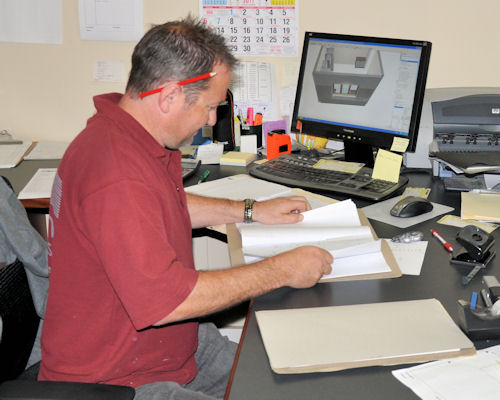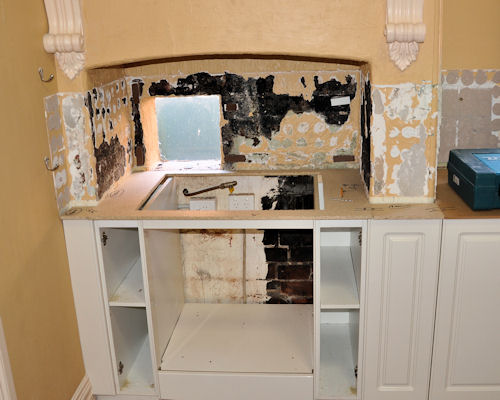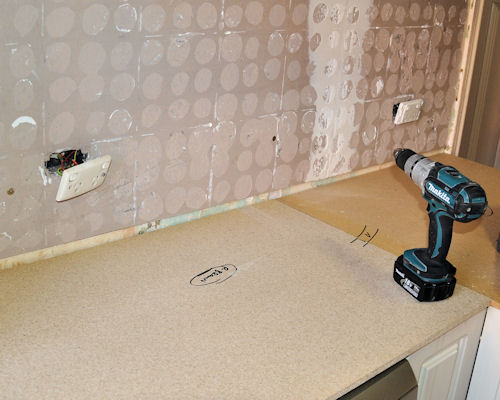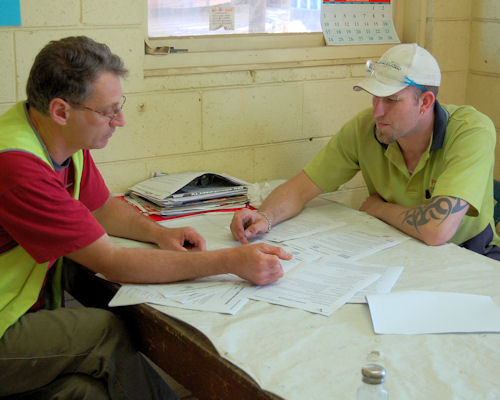Contracts and legislation

 Audio for slide 2 (mp3 |6|KB)
Audio for slide 2 (mp3 |6|KB)
Set out below are the main legal issues you need to be aware of when you're tendering for a project.

 Audio for slide 5 (mp3 |6|KB)
Audio for slide 5 (mp3 |6|KB)
The types of issues that a contract covers include:
- full description of the scope of work to be undertaken
- progress payments and stages of work to be completed
- processes for varying the terms of the contract, such as deadlines or costings
- what to do if a defect is found in any of the products or workmanship
- the use of licensed tradespeople where required
- protection of your copyright in the designs or plans
- processes to follow if there is a breach of contract.

 Audio for slide 7 (mp3 |6|KB)
Audio for slide 7 (mp3 |6|KB)
Construction certificates are issued by the local council, or alternatively a 'private certifier' authorised by the council. They verify that the project complies with the following legally binding documents:
- development consent from the local council
- Building Code of Australia requirements
- Australian Standards that relate to the work to be performed.


Learning activity
Audio 8 (mp3 |6|KB)What are the requirements in your state or territory regarding contracts for building work? Ask your supervisor or manager what the local regulations are.
You might also want to do your own research on this topic by going to your local council website or the government department that handles consumer protection. Note that each state and territory has its own name for this department, but it often contains the term 'Fair Trading' in it.
Write down your answers and share them with your trainer and other learners in the group.






